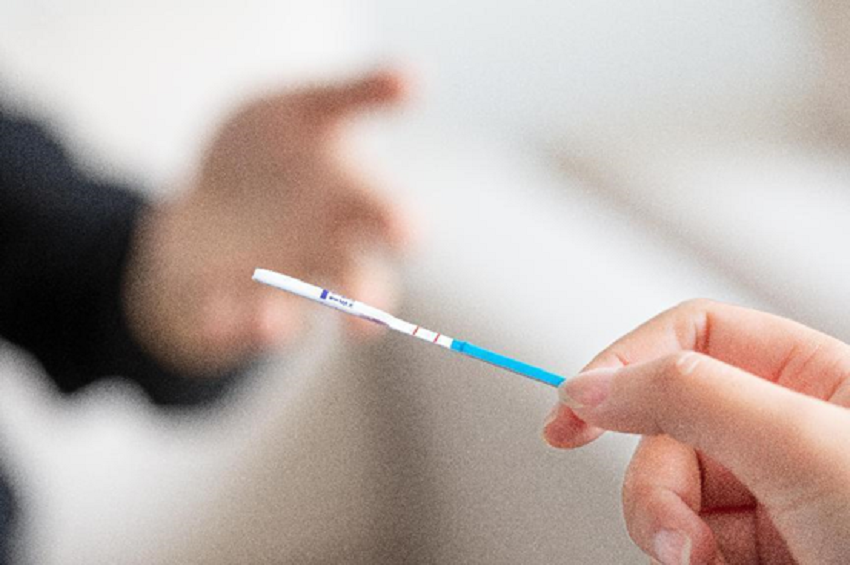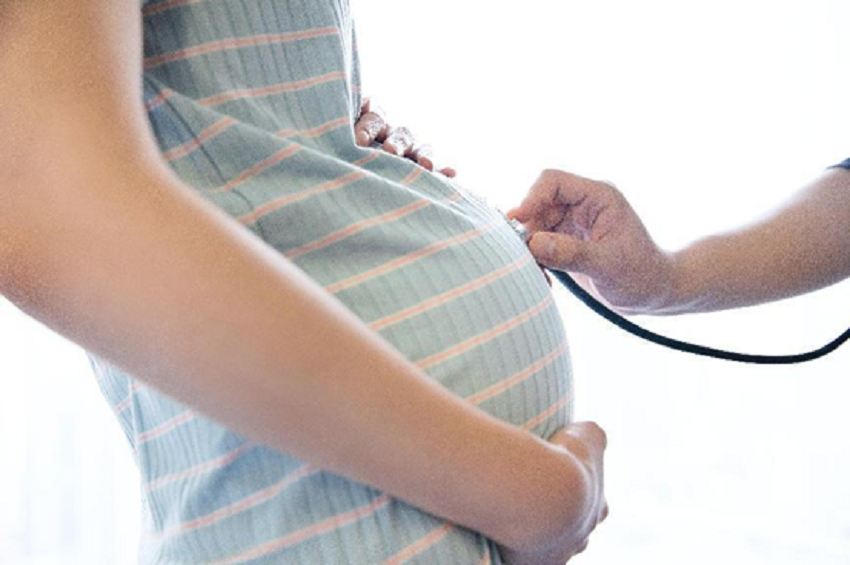Hello! I'm delighted to provide you with exclusive one-on-one consultation.
How can I assist you?
What is the process and cost of egg freezing?

When it comes to the in vitro fertilization (IVF) process, Human Chorionic Gonadotropin (HCG) plays crucial roles at various stages, including before and after embryo transfer. HCG, a vital reproductive hormone produced by embryos during early pregnancy, holds a pivotal role in pregnancy development and maintenance.
What Is HCG?
HCG, or Human Chorionic Gonadotropin, is a hormone produced by embryos during the early stages of pregnancy. Initially, it is generated to support the function of the corpus luteum, a structure in the ovaries that secretes estrogen and progesterone. These hormones help maintain the uterine lining in an optimal state, supporting the implantation of fertilized eggs and the sustenance of pregnancy. HCG levels rise progressively during early pregnancy and are crucial for embryo development and fetal health.

The Role of HCG in Different Stages of IVF:
1. Ovulation Induction: In the initial phases of IVF, patients often undergo ovulation induction to stimulate ovarian development and the release of mature eggs. At this stage, HCG mimics natural ovulation by triggering the rupture of ovarian follicles, releasing mature eggs. This is a critical step in egg collection in the laboratory, usually necessitating HCG injections to ensure egg release.
2. Embryo Cultivation: Once eggs are successfully collected, they are fertilized with sperm in the laboratory. If fertilization occurs, it results in the formation of embryos. While HCG is not directly involved at this stage, it indirectly impacts the quality of fertilized embryos, as egg quality is related to a woman's HCG levels.
3. Pre-Embryo Transfer: Before transferring embryos into the uterus, HCG levels are typically tested. This HCG test confirms whether there is sufficient HCG in the body to support embryo implantation and pregnancy. If HCG levels are too low, doctors may postpone the transfer to enhance the chances of success.
4. Post-Embryo Transfer: After successful embryo transfer into the uterus, HCG continues to play a pivotal role. Approximately 10 to 14 days post-transfer, doctors typically conduct an HCG test to detect pregnancy. An increase in HCG levels often indicates that a fertilized embryo has implanted and commenced HCG production, a significant indicator of a successful pregnancy.
5. When HCG Injections Are Advised: In some instances, doctors may recommend HCG injections either before or after embryo transfer. Before transfer, HCG injections may aid in preparing the uterine lining, making it more receptive to the implanted embryo. After transfer, HCG injections may further support the function of the corpus luteum, sustaining the development of pregnancy. Such injections are typically administered based on individual patient circumstances and medical advice.

In conclusion, HCG assumes multiple critical roles throughout the IVF process, from inducing ovulation to confirming pregnancy. It serves as a biological marker for pregnancy and is indispensable for its maintenance. For further professional guidance, Dr. Nathan Zhang at IVF USA and Thailand is available to provide support and counsel to ensure you receive optimal assistance throughout your IVF journey.


Online Customer Service

In-Vitro Fertilization (IVF)

Female Egg Freezing

Fertility Assessment

Scan for Consultation

Back to Top